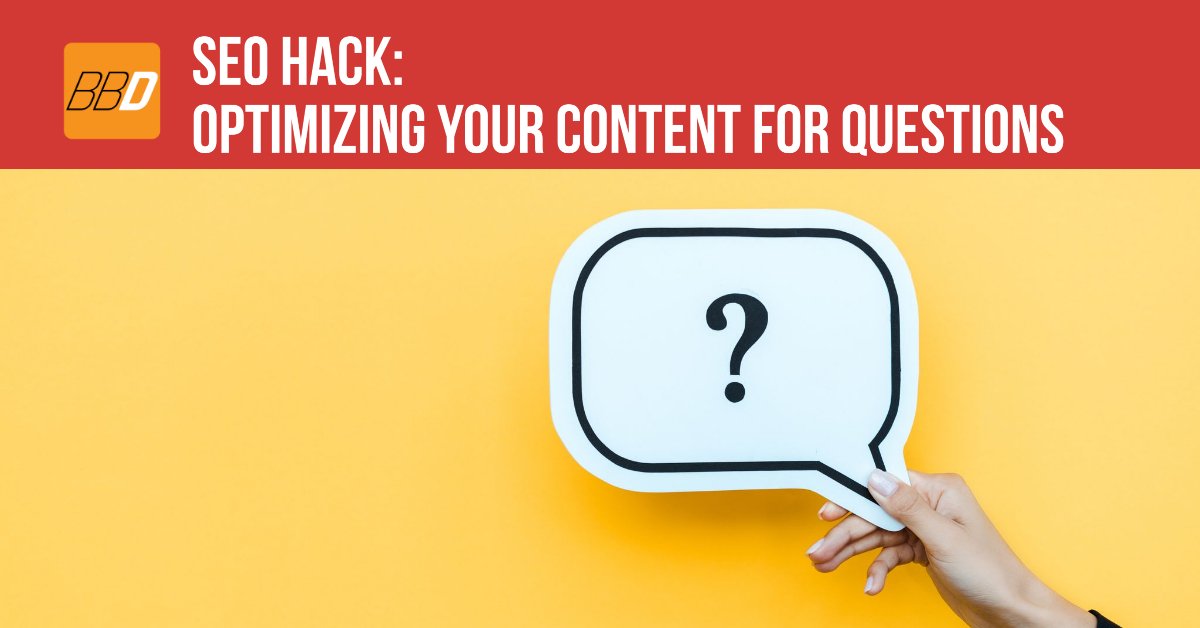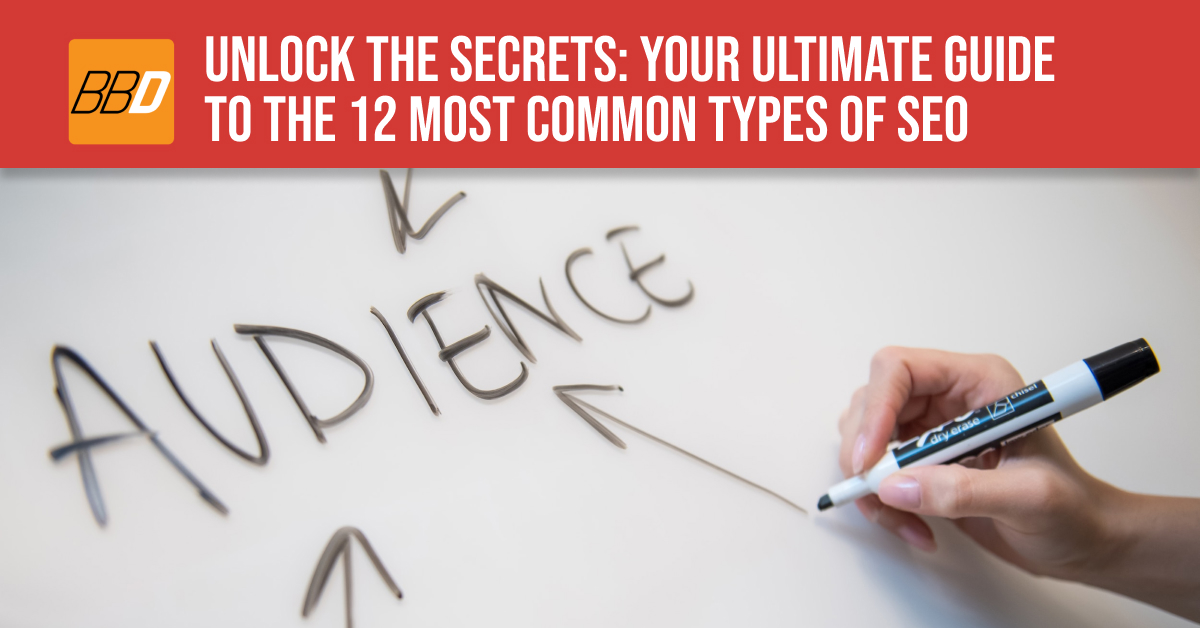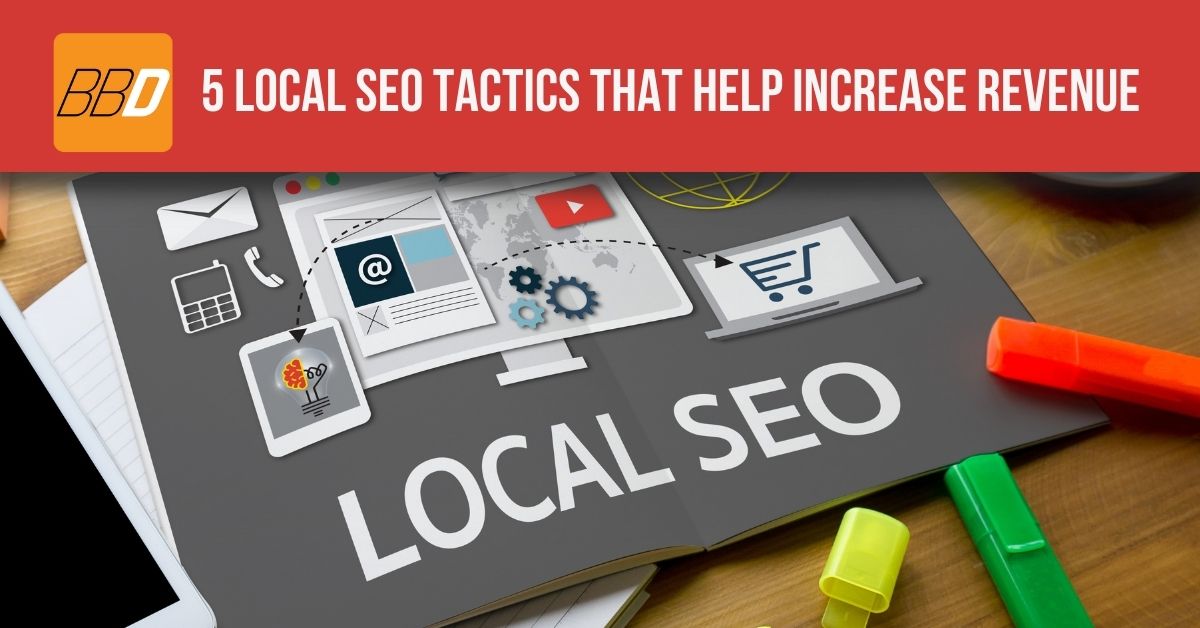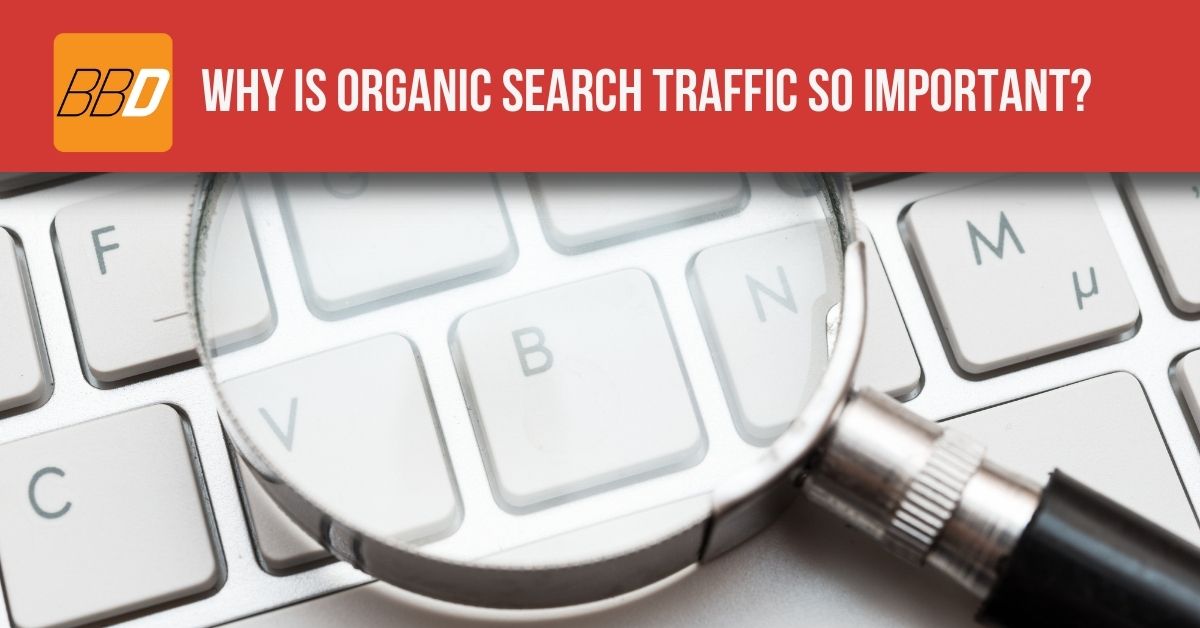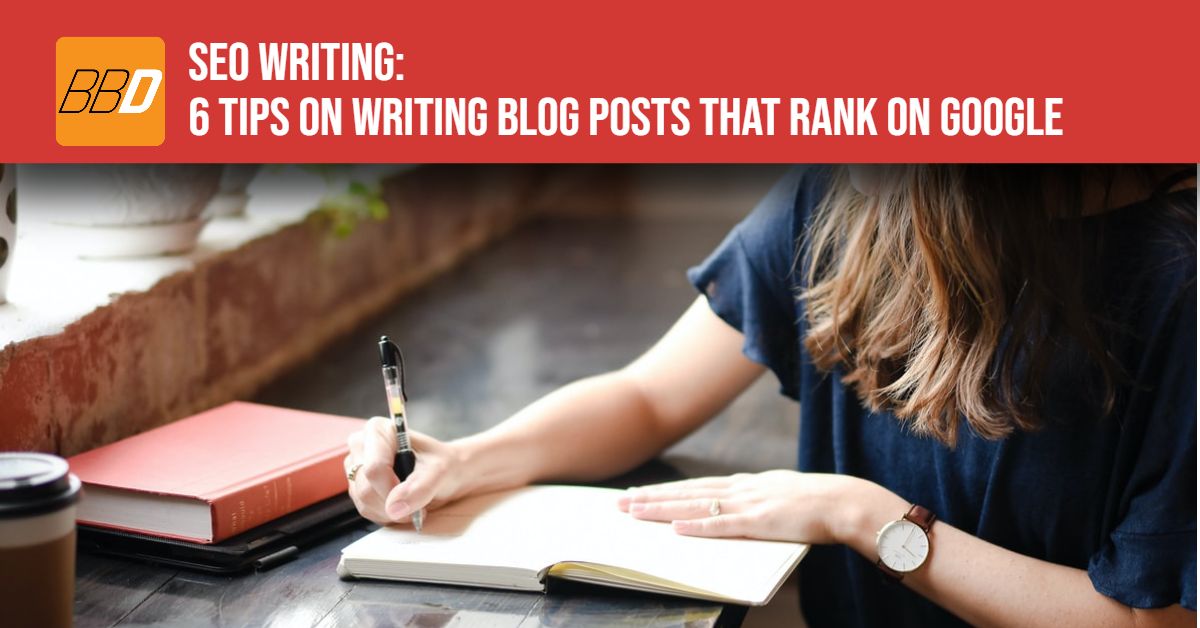Search engine developers are implementing new usability features meant to better understand language and user queries. One of these new features is designed to parse and use questions to better serve a subsection of searches. In this article, we’re going to cover what that means for your SEO efforts, and how to best optimize your content for questions.
Questions in Google’s search results
Understanding queries can often be a complex task for an algorithm. People search for their interests in peculiar ways, and Google has to keep track of a variety of factors in order to return the proper results. Over time, the search engine has gotten better and better at understanding this emerging writing style, and with the last big update from the company (called BERT), Google now uses context and relational queues to decipher a sentence. This is a big change in the algorithm’s MO, which would use individual words taken in their one-by-one order to understand a query.
You may have noticed this change in your own search results, where you have a “People also ask” tab with a list of questions. This feature is made more accurate by the new update, that can take ill-formed questions and queries and transform them into well-formed, readable questions. For example, the algorithm can take the query “chicken liver cook time” and transform it into “How long does it take to cook chicken liver?”
Optimizing for questions
So now that we know that this mechanism is in place, how can we tailor content for it? After all, users might not scroll past the “People also ask” tab to see the latter results. To start, the aim of Google when it comes to SEO is to set a content quality standard, where keyword stuffing is not as effective as readable, engaging and highly useful content to the reader. So the first step to being featured in the Questions tab is to write natural, user-friendly content.
But can you optimize further? The reason the Questions tab exists in the first place, is because questions are very engaging. They have a profound impact on our brain. In fact, in a study published by the Journal of Applied Psychology, it was found that asking citizens if they are likely to vote in a future election increases the chance that they will by up to 25%. This means that we give a great degree of consideration to any information that is phrased as a question.
In order to best optimize your content for questions, you will need to go through a two-step process:
1. Establish the questions
You first have to figure out which questions you want to optimize your content for, and there are a few techniques that can help you out. The most direct one is to simply ask your audience. You could use a forum or a social media account for this, or you can contact them offline. You also have the option of checking your website’s internal search function if you have one. If you are using the Google search add-on, you can find this information in Google Analytics under Behavior > Site Search > Search Terms. This will allow you to check all the terms that have been used on your website’s internal search option. You then have a very useful tool that you can pick up – answerthepublic.com. It provides auto-suggest results in question form for any term/topic you enter.
2. Use the questions
There are several ways you can use the questions in your content. First, you can answer one question per article. Just use the question as the title and then answer it in the body of the text. Second, you can answer several questions in one article. You can use the questions as headings and go through a few of them. The third option is more advanced, but still easy to implement.
One of the ways to stand out in the search engine algorithm is to use structured data blocks, and they are particularly useful for questions. You can dive deeper into the concept with some research, or you can use a plug-in, such as Yoast SEO, which comes with an FAQ and a how-to block that adds structured data to your content automatically.
Are you interested in starting an SEO campaign for your website?
Your content strategy can be as complex as you want it to be, and adding optimization for questions can be another tool in your arsenal that helps you achieve the results you need. If you would like to find out more about content optimization, or if you are interested in starting an SEO campaign, contact us today.

